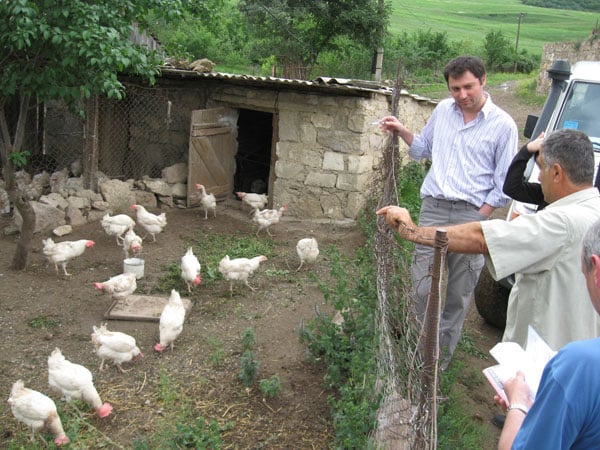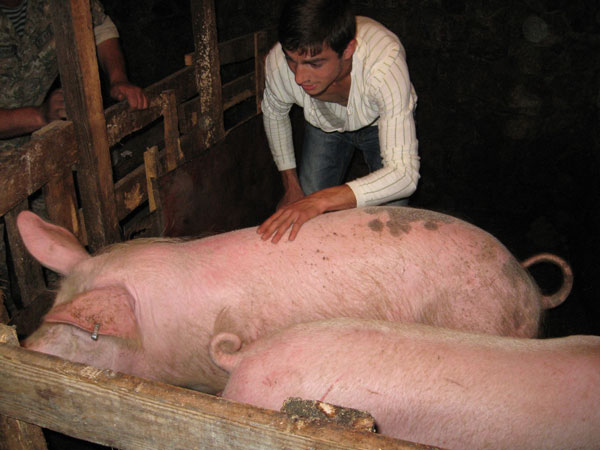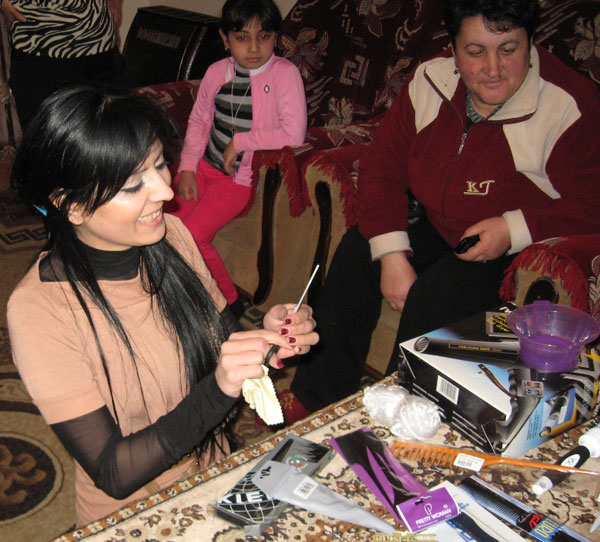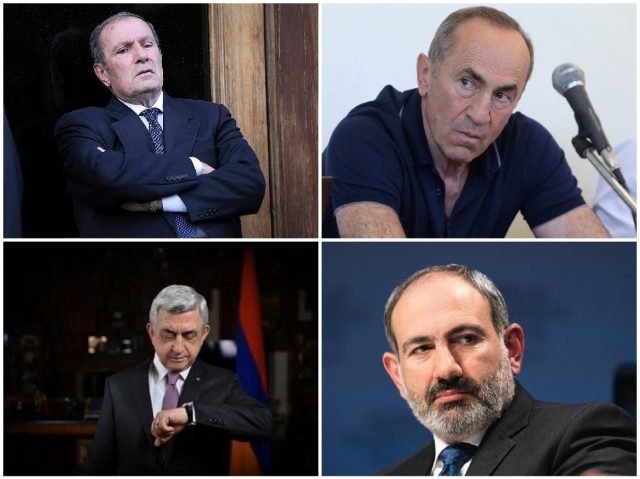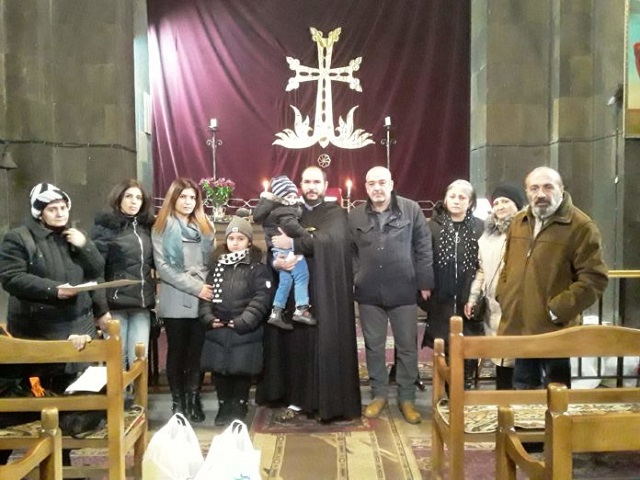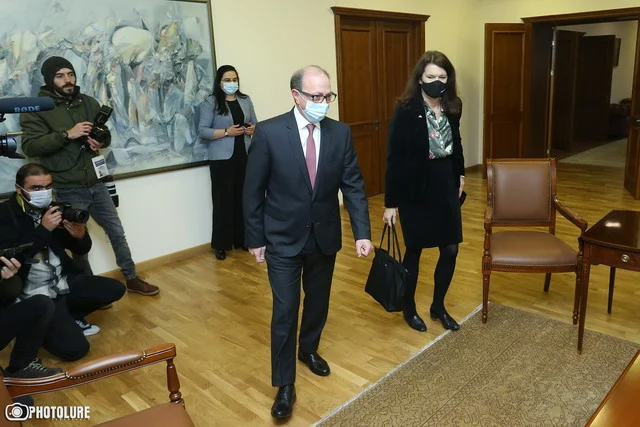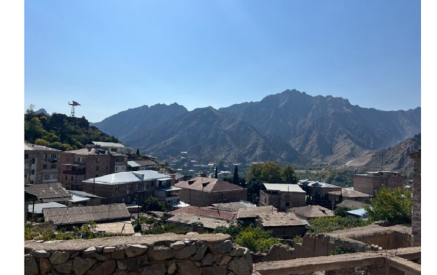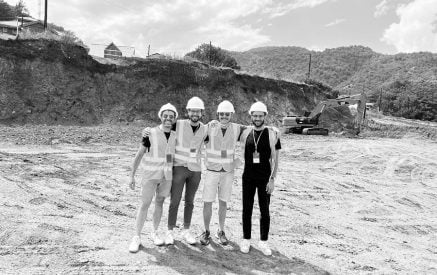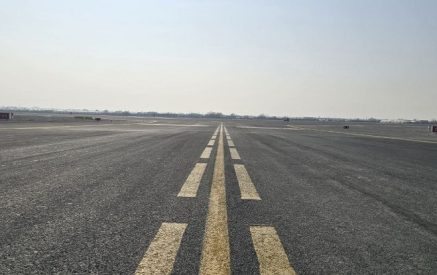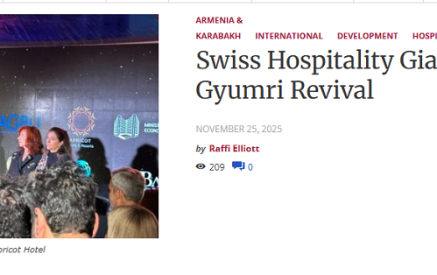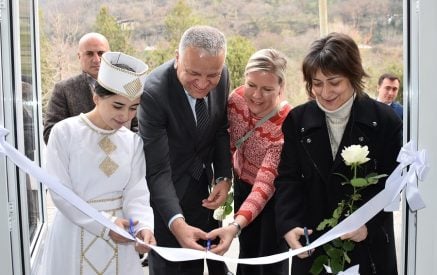Rather long time has passed since the years of Artsakh conflict, but the families of missing people still continue to believe in miracles and wait for their relatives to return every day.
Read also
Meline Davtyan, a resident of Kapan, is one of them, and her hopes to see her father Samvel Davtyan, who voluntarily went to war and is missing, alive are not dashed. She was 7 years old, when she last saw her father, “He left for the last time…. I don’t remember much, I have a fuzzy image of my father, I have only several photos. Certainly, it is hard to live without a father. I wished my father had been next to me, helped, supported me many times…,” Meline said. According to the data of the International Committee of the Red Cross (ICRC), there are 43 missing people in the region of Syunik, 19 of which in the district of Kapan, 20 in Goris and 4 in Sisian.
The ICRC carries out many humanitarian programs in the country’s regions, which aim at supporting the families of missing people socially and psychologically. The ICRC gave 450 thousand AMD to the families of 10 missing people in the region of Syunik within the framework of a program for economic support, in order that they started a profitable business and to improve their socioeconomic conditions. Meline’s family is also involved in the program and has received support from the ICRC. “We received little support from the state at the beginning, whereas now they have forgotten and don’t remember about us at all. Only the ICRC has supported, helped so far so that I could have a profession, buy devises and earn money, working in that profession,” Meline said.
According to Armen Karamyan, an official at the ICRC economic security department, the areas of activity had been chosen by the families, taking into account personal capabilities and specificities of the place of residence. The families that had potential and could implement the business plan they had presented were selected. The program is carried out in different parts of the region. In villages, that money was spent on developing animal husbandry, and in towns, it was spent on starting small businesses.
“Another family in Kapan opened a small clothes shop, another family received support in developing rabbit breeding etc. A family of a missing person in the village of Verishen, Goris, bought 2 sows, which have already farrowed 15 piglets, for the money we gave. In other villages, calves, sheep or rabbits were bought etc. The money we gave for free is supposed to help them get back on their feet and ensure stable income,” Armen Karamyan said, assuring that they were consistent to carry through the program and visited those families once in three months, monitoring the results.
According to the relatives of Vahan Simonyan, a resident of the village of Mutsk, district of Sisian, he went to fight after demobilization, and after what happened to an 11-soldier squad in Lachin on March 31, 1993 – 9 people died, 2 were missing – no one has seen him so far, he has been among the missing people. “We inquired a few times in 1994, but searches yielded no results, we are still hopeful,” Vahagn, the brother of the missing person, said. He lives in Mutsk with his relatives, is engaged in animal husbandry and plowing. He bought 9 sheep for 450 thousand AMD given by the ICRC, in order to benefit from selling the lambs they would give birth to in the future.
“If there are many sheep, the household will develop, the profit will increase. Mostly, people from Yerevan come to us to buy lambs, some years we sell more, some years less,” Vahagn said and added with joy that the sheep he had bought had already given birth to a lamb.
Alina Hovhannisyan, a resident of the village of Hartashen, Goris, has raised her 3 children after her husband Varazdat Grigoryan was declared missing, has wed them and now has grandchildren. She says that it was hard psychologically to go through those years, she looked for him, but the last time she got information about him was in 1996, when she was informed from a resident of a village of Khachik, who had been held as a prisoner of war in Azerbaijan and returned to the fatherland after being exchanged, that he had seen her husband in one of the prisons in Baku, while lining up in the morning.
“Next year it will be 20 years since he was declared missing. Overcoming hardship, we continue to live in a family of 8. We bought 2 sows within that program of the Red Cross, one of which has farrowed 8 piglets, the other will farrow soon. It was some help for our family, when the piglets grow up, we will sell them or sell the meat, our big family will benefit from that, and we will live a little better,” Ms. Alina added.
Meri SOGHOMONYAN




















































